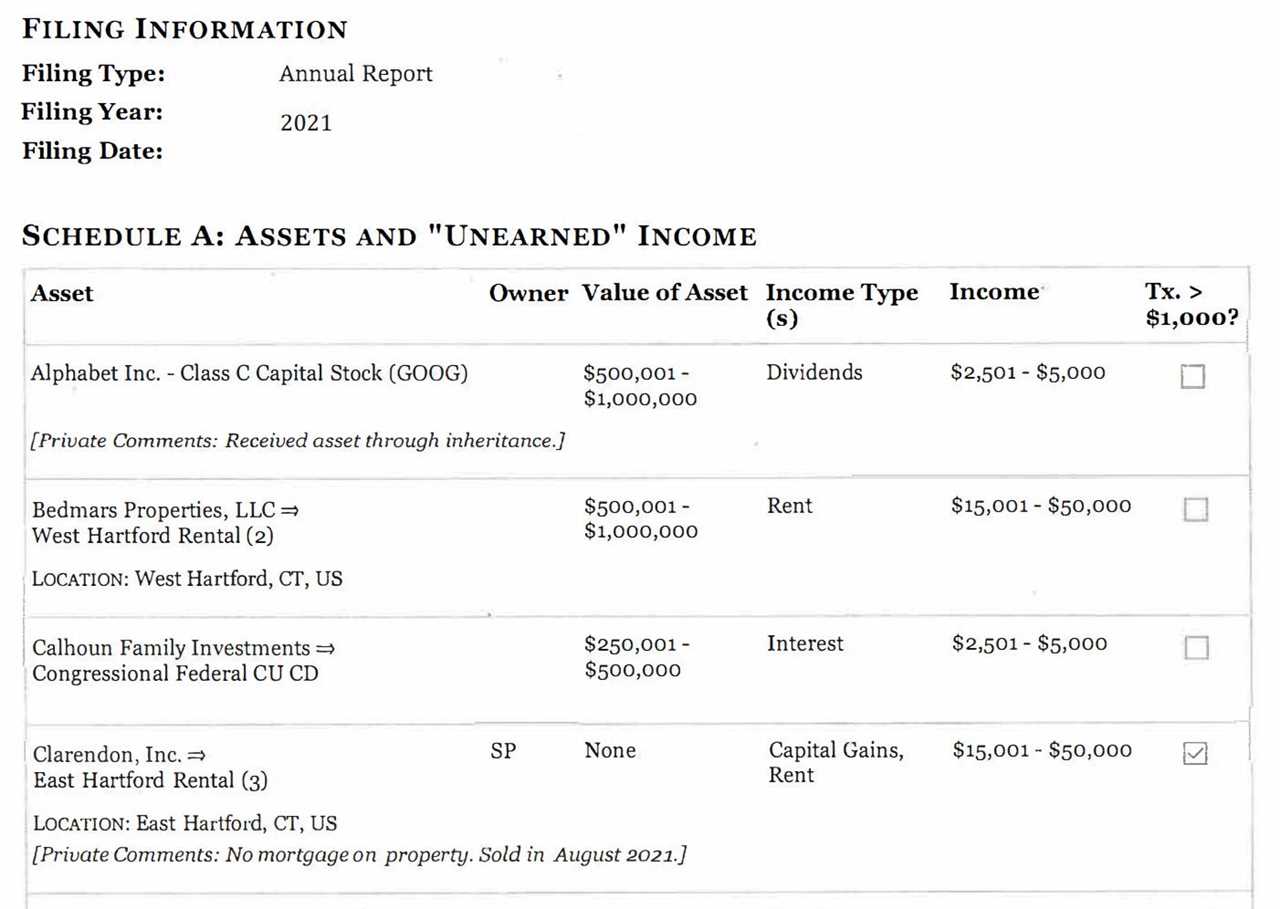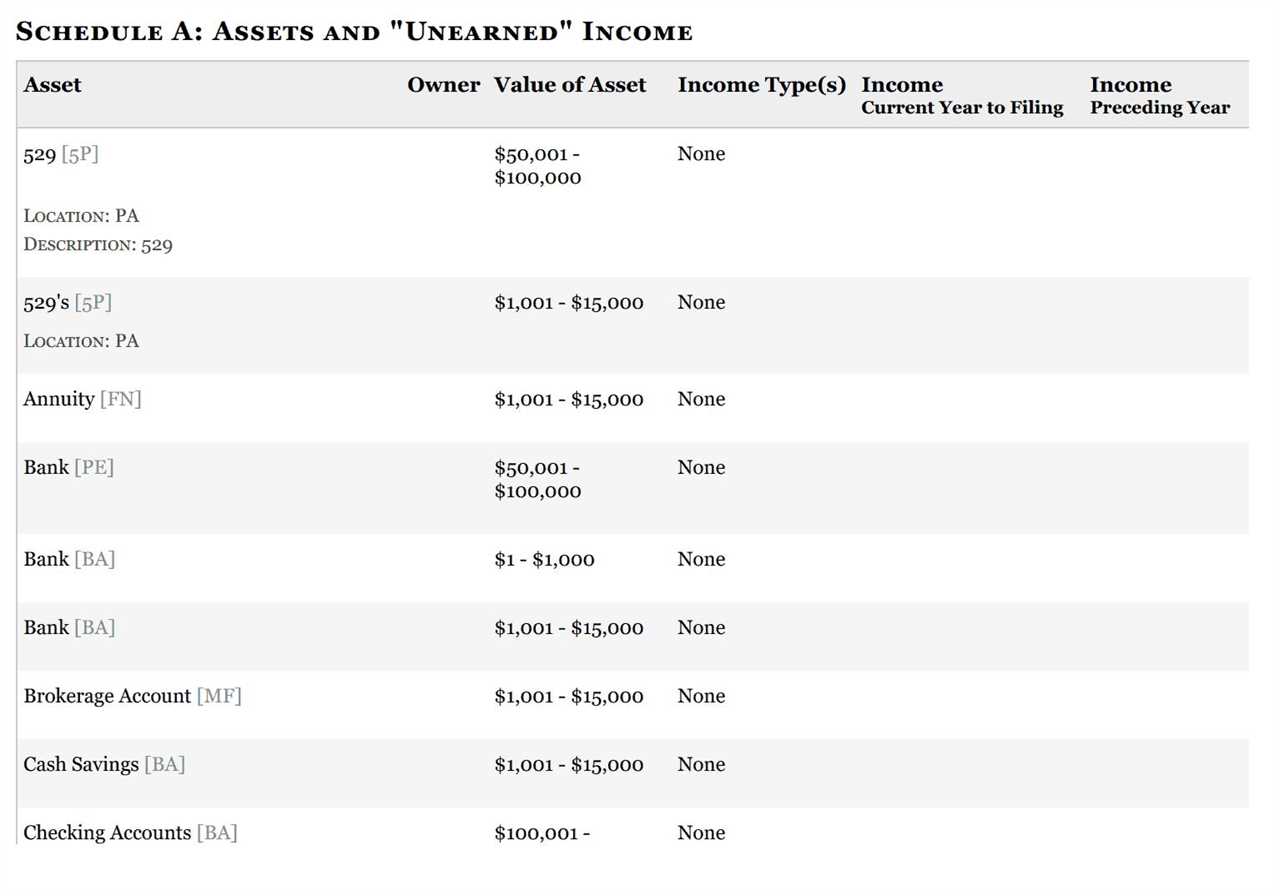There are rules for ethics in government.
Did you know that Title I of the Ethics in Government Act of 1978 requires “Members, officers, certain employees of the U.S. House of Representatives and related offices, and candidates for the House of Representatives to file Financial Disclosure Statements with the Clerk of the House of Representatives”?
And that Section 8 of the STOCK Act of 2012 requires the Clerk of the House of Representatives to provide online public access to financial disclosure reports filed by Members of Congress and candidates for Congress?
Probably not.
How detailed is the report? Well, it has a 122-page online instruction manual to ensure that Congressional members and candidates for office can easily fulfill the disclosure.
It asks for Assets and “Unearned Income,” Transactions, Earned Income, Liabilities, Agreements, Gifts, Positions, Travel Payments and Reimbursements, Payments Made to Charity in Lieu of Honoraria, and Compensation in Excess of $5,000 Paid by One Source.
And also asks for detail, as provided in this sample in the instructions.

Then there is the level of detail provided by Rep. Rob Mercuri (R-Allegheny), a candidate for the 17th Congressional District.

And that “lack thereof” has drawn the attention of Corrie Woods of Woods Law Offices PLLC.
Woods wrote a letter to the U.S. Department of Justice (DOJ) dated February 16, requesting that the DOJ “immediately investigate Mr. Robert Mercuri, a candidate for Congress in Pennsylvania’s 17th congressional district, for apparent violations of federal law through his failure to make the disclosures required by the amended Ethics in Government Act of 1978 on his 2023 personal financial disclosure report (PFD).”
The Moon Township attorney pointed out what he referred to as “numerous reporting errors and concerning omissions that not only seem to completely disregard the clear instructions of the House Committee on Ethics (the “Committee”), but that deny Pennsylvania voters their opportunity to assess whether his personal financial interests conflict with the important duties and obligations of the office that he seeks.”
On Schedule A, which is pictured above, the instructions specify that filers must disclose the name of the financial institutions where they hold deposits valued at more than $1,000, all underlying holdings (such as stocks, bonds or mutual funds) and within investment accounts that have a value of more than $1,000, or that generated more than $200 in unearned income in the reporting period.
Schedule E requires listing any positions held and while Mercuri, for example, was a member of the Pennsylvania House of Representatives, he failed to disclose this as well as his position on the Point Park University Board of Trustees.
Woods, who donated to the unsuccessful Congressional campaign of Steve Irwin in 2022, wrote that “These errors, taken together, appear to have resulted in the improper disclosure, or complete non-disclosure, of between $681,024 and $1,694,000 worth of assets.” He asks that the DOJ investigate and apply appropriate penalties and corrective action.
PoliticsPA reached out to Mercuri for a response via an email subscription address as well as an email address available on his campaign website but have not heard back.








